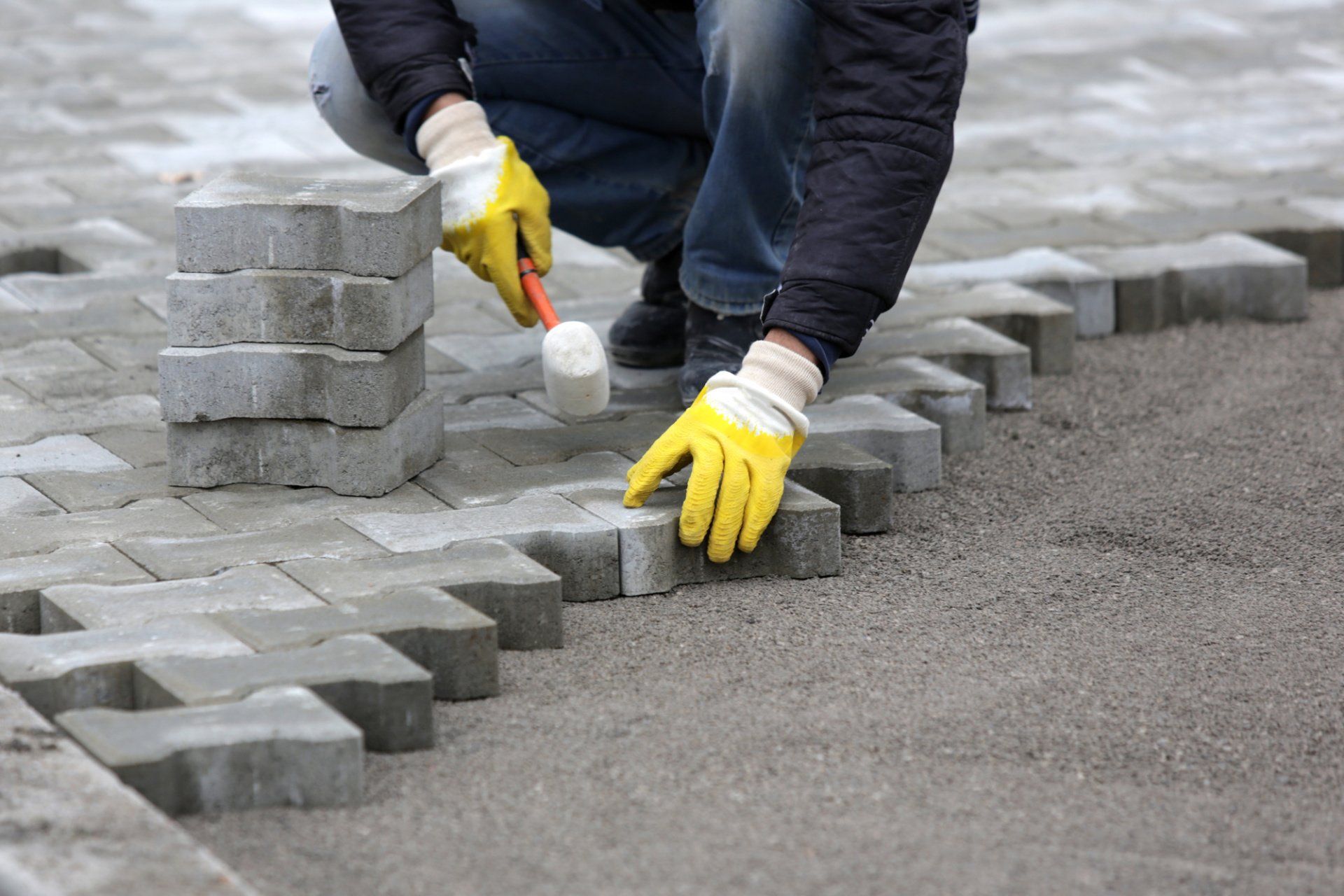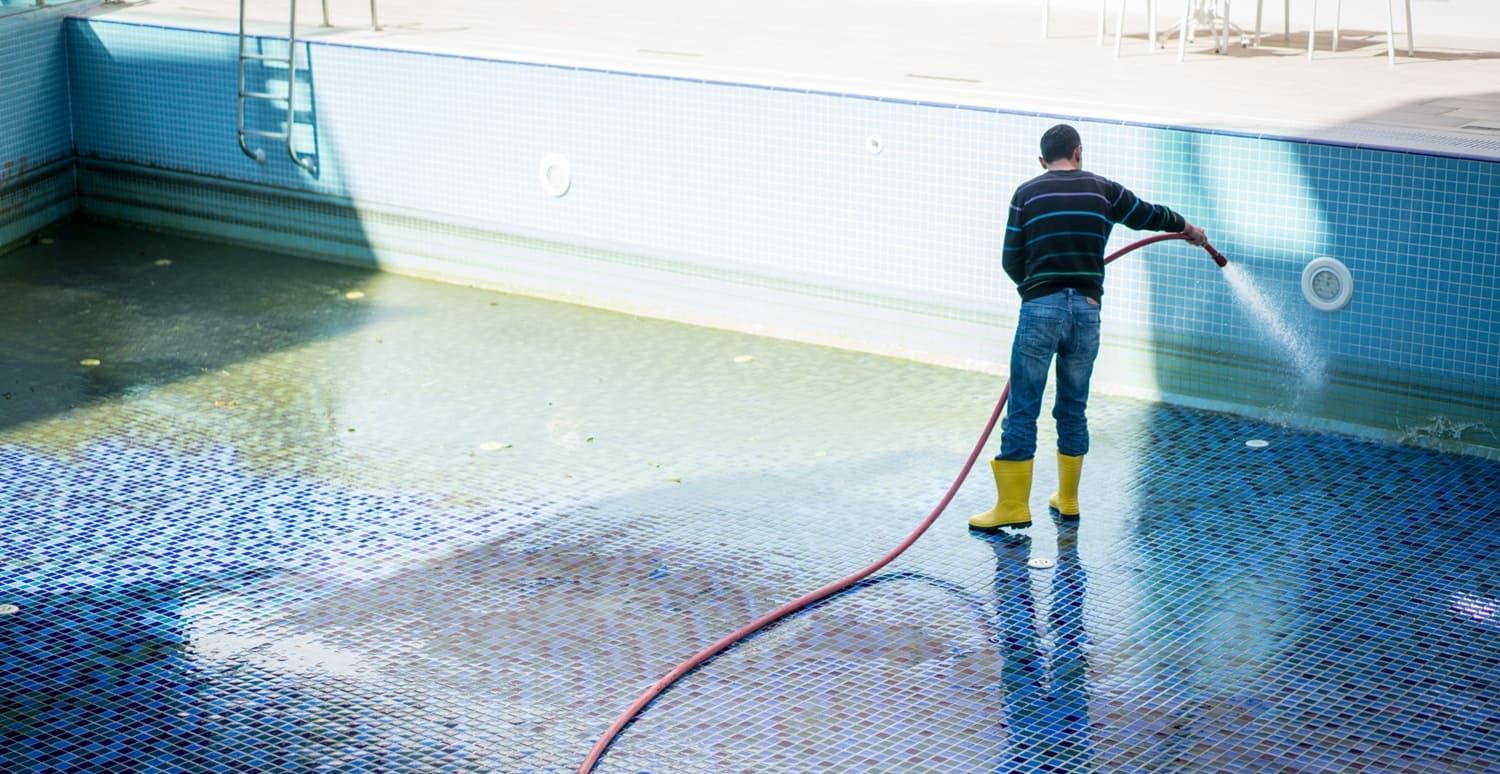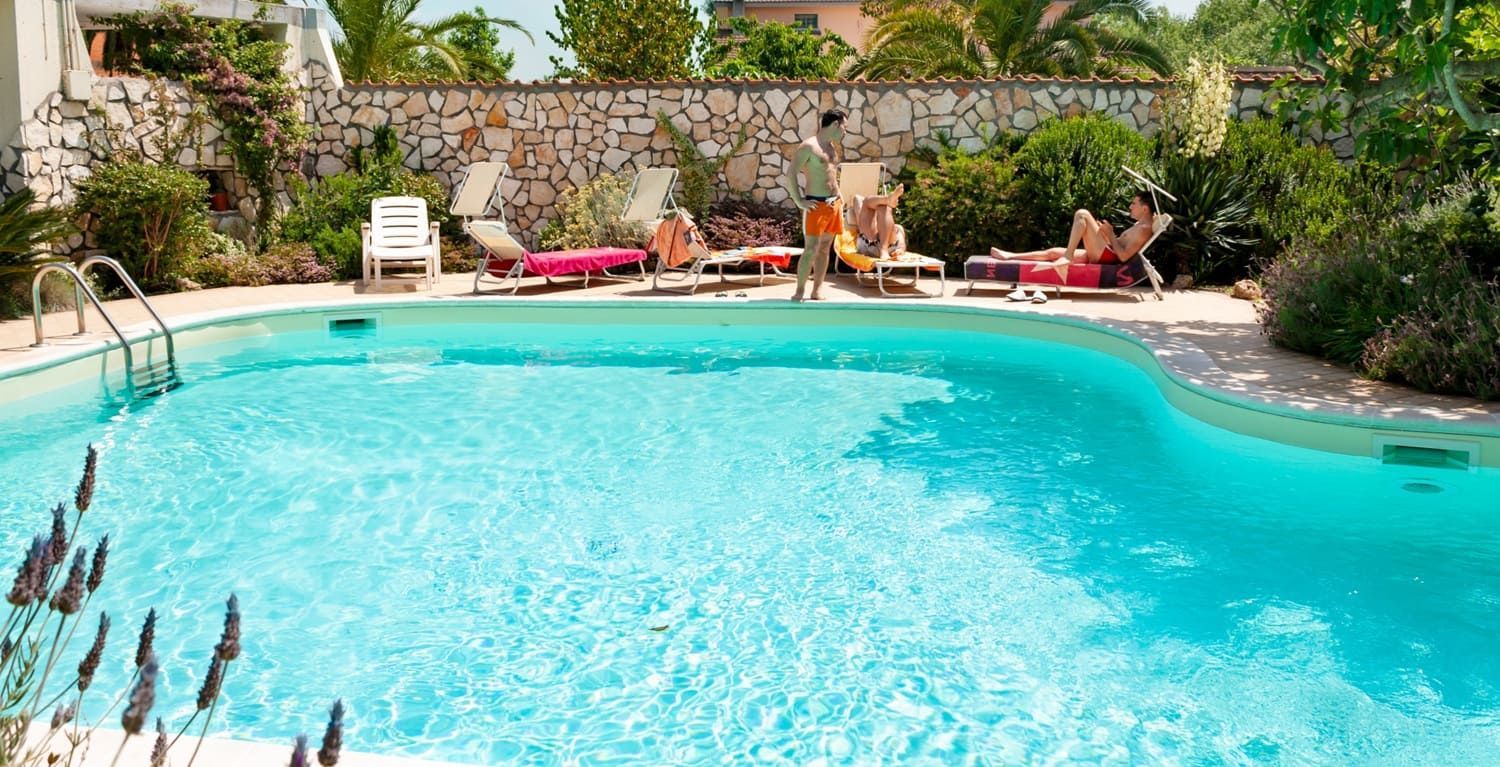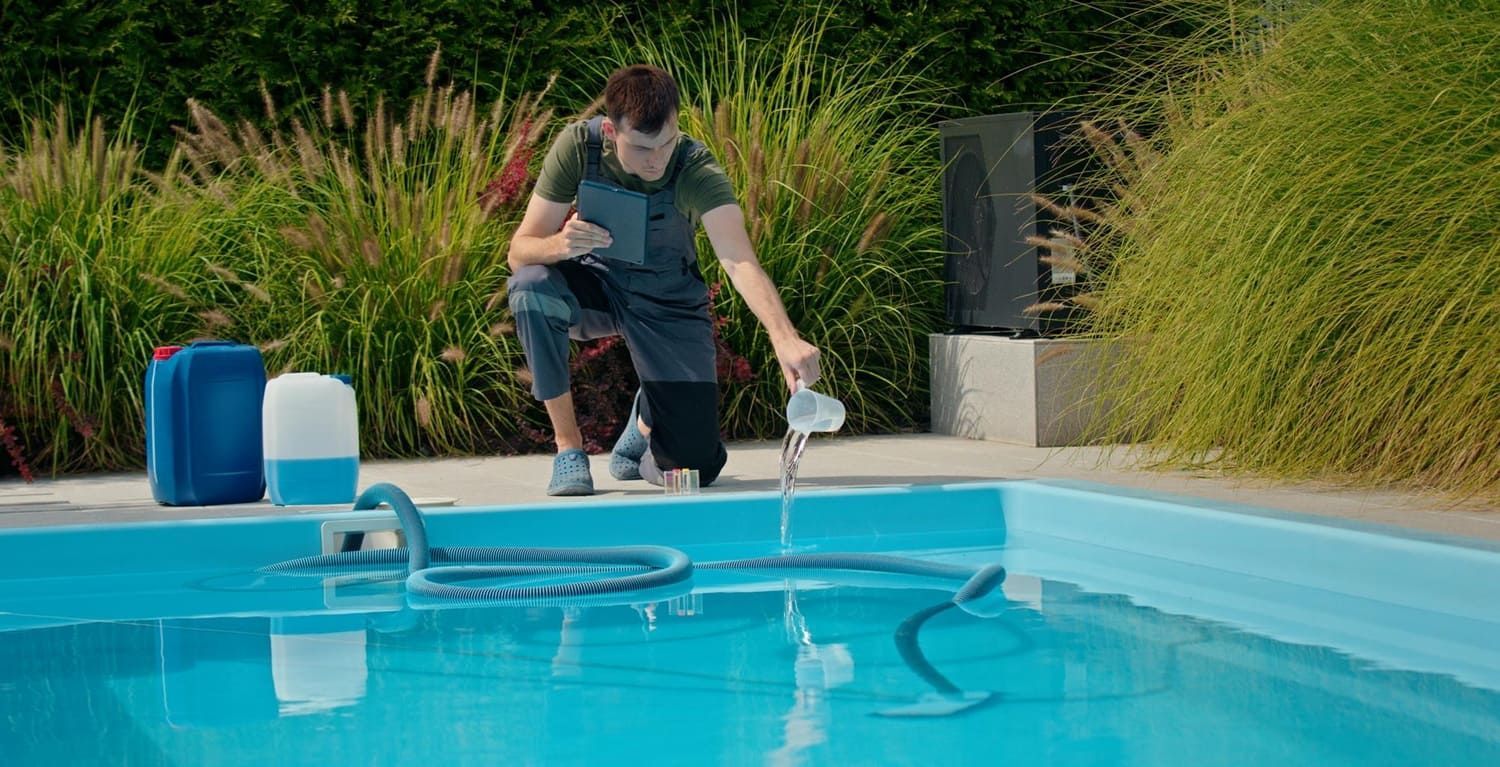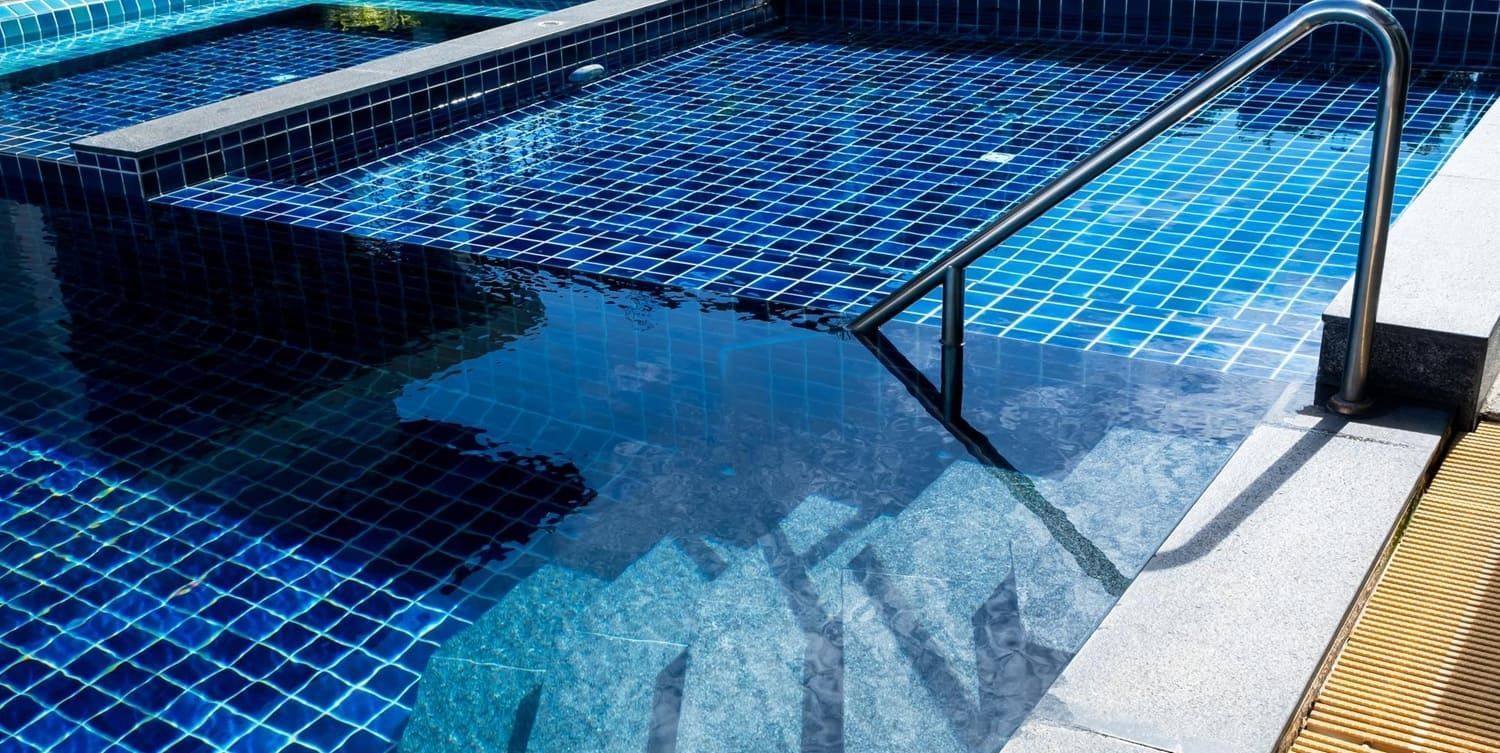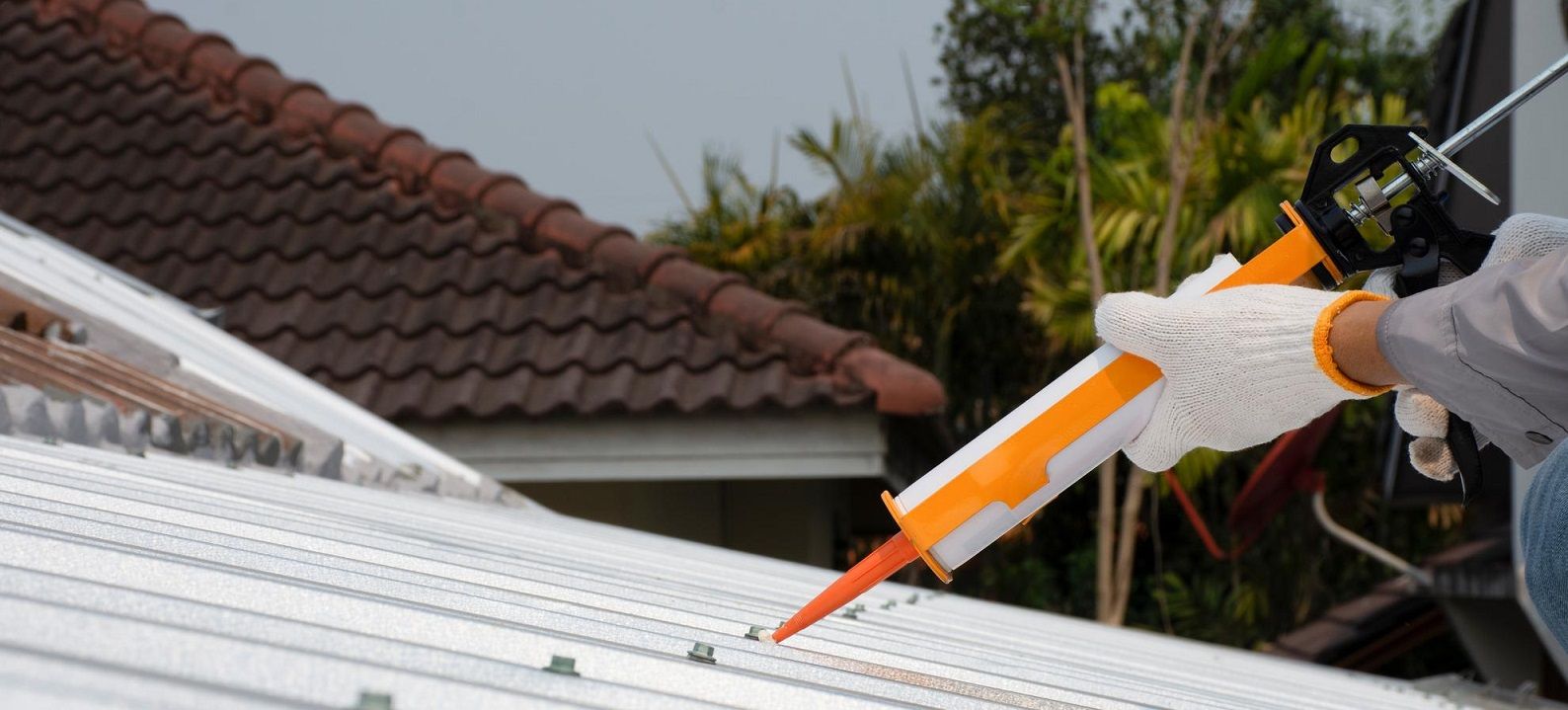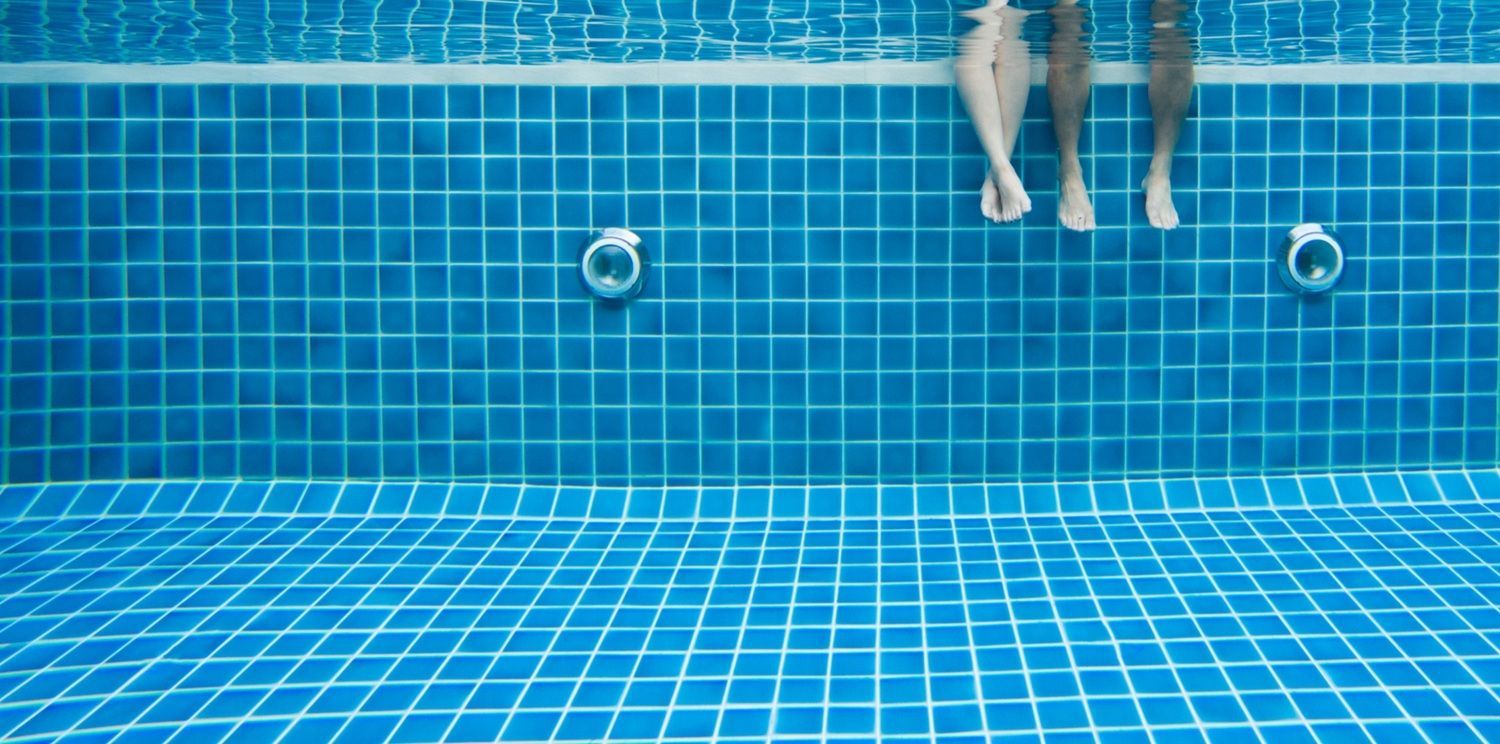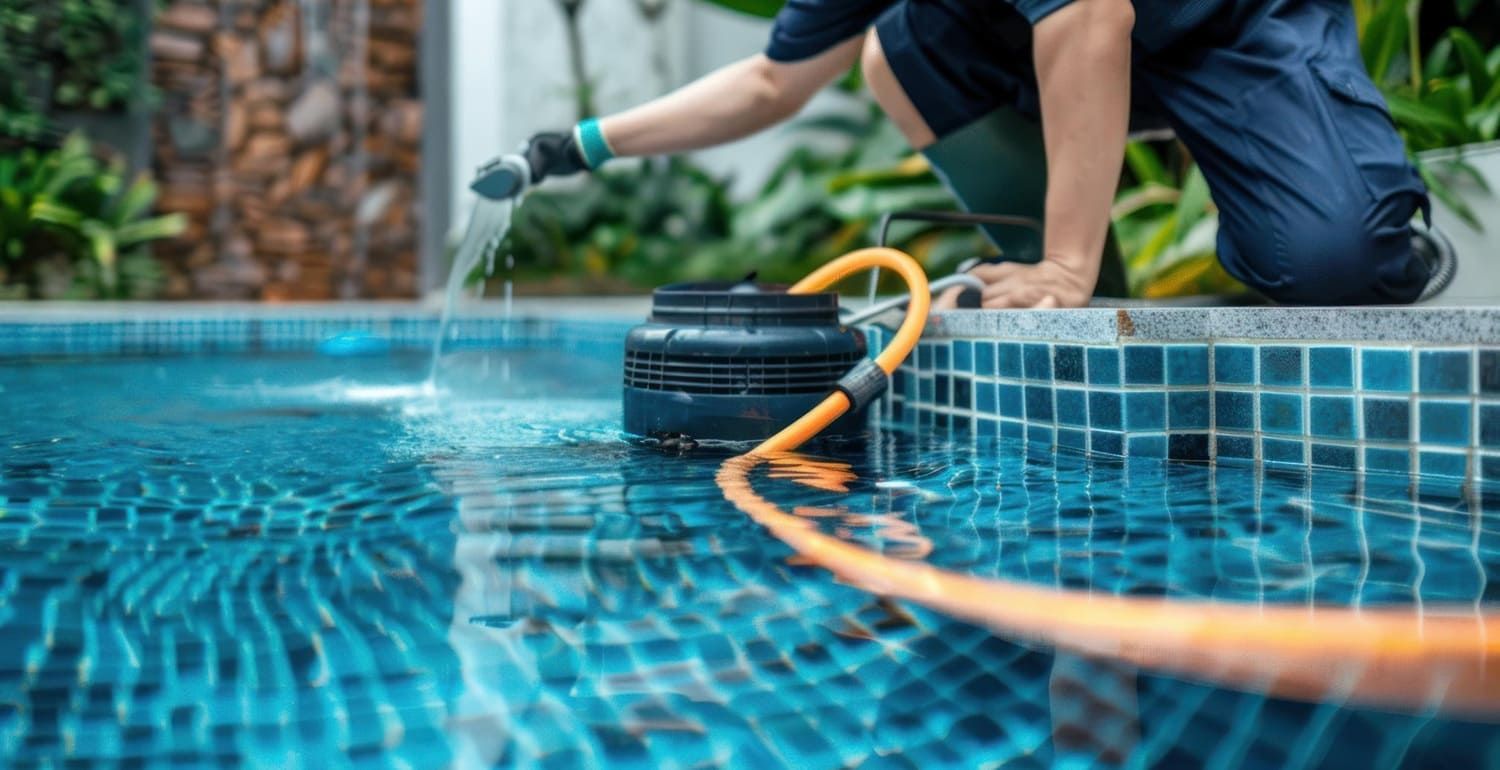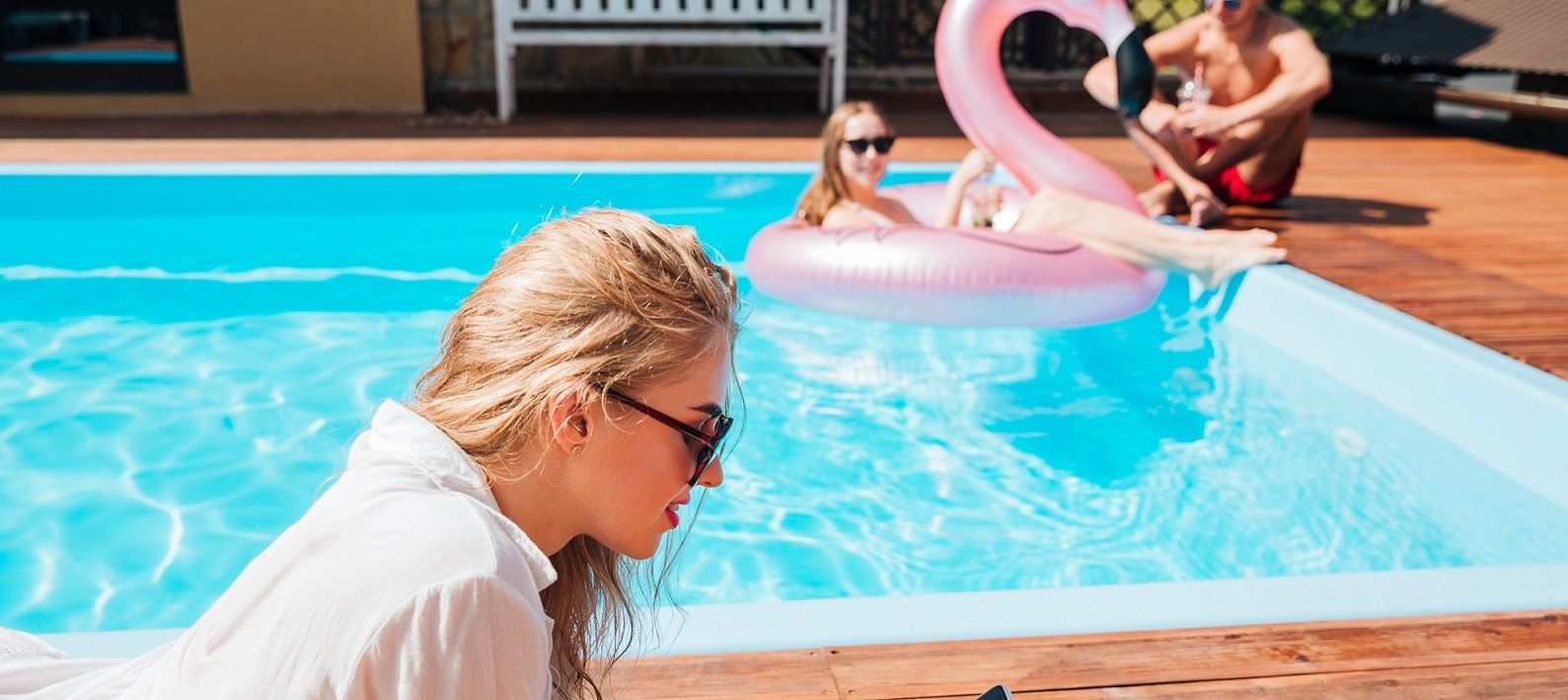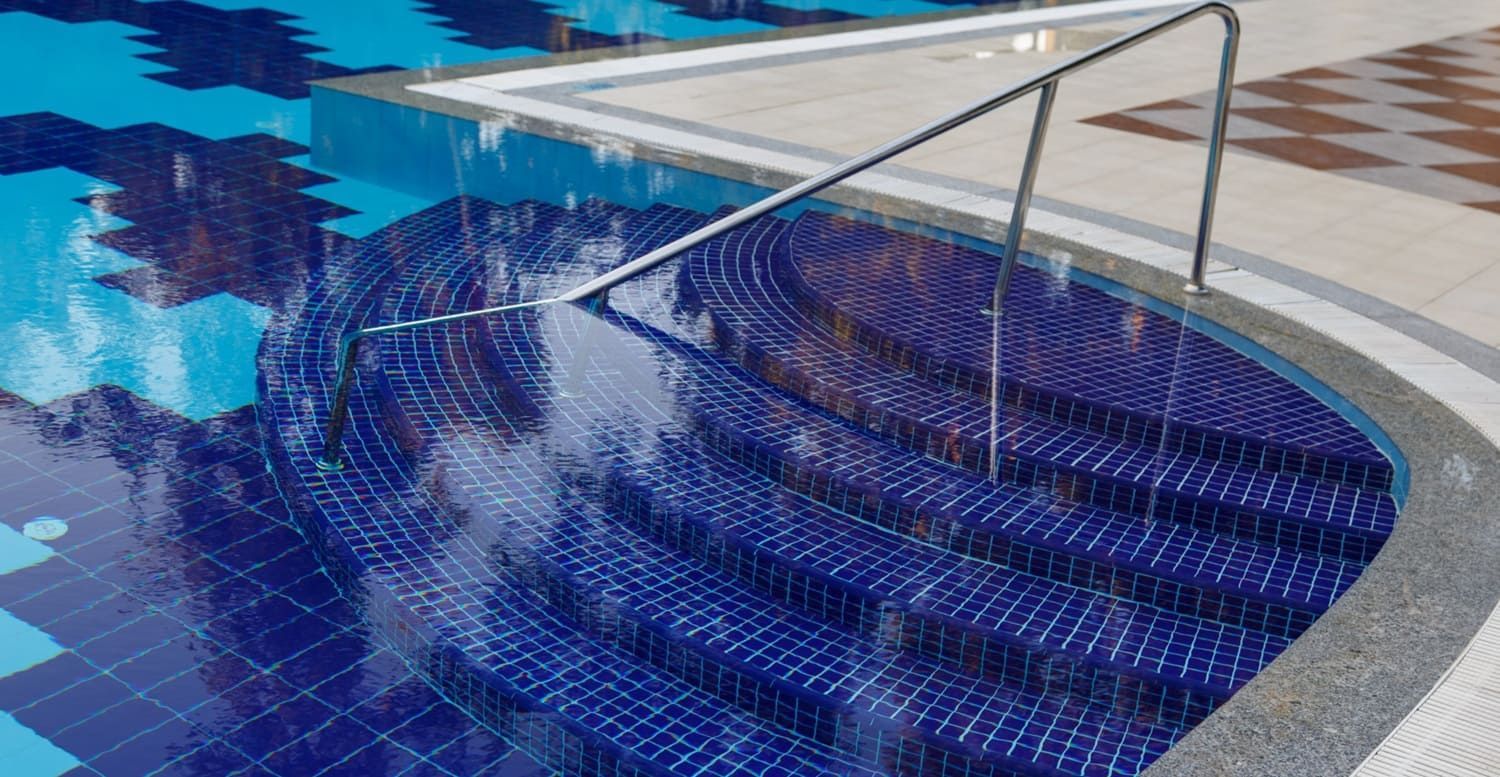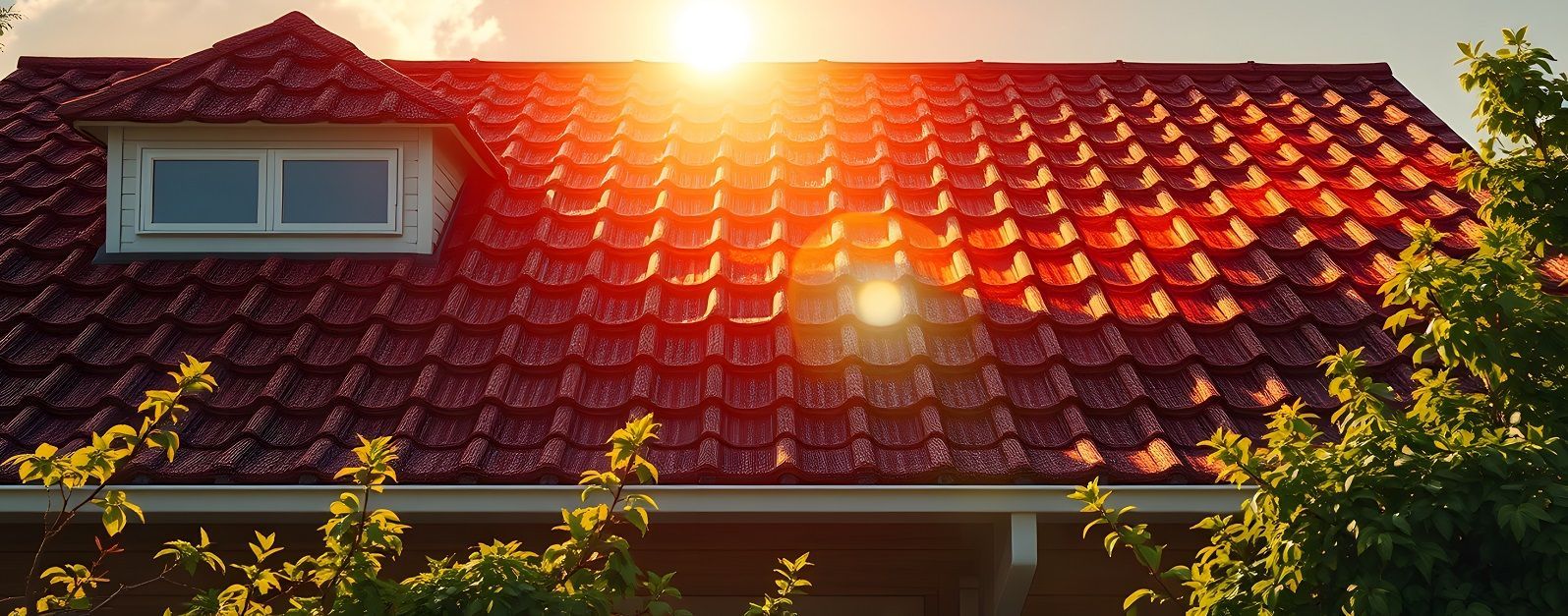Concrete or Travertine? Choosing the Types of Pavers for Your Patio
When it comes to your patio you have a number of options, one of which is what types of pavers to go for. We take a look at the pros and cons of concrete andtravertine pavers for your patio.
So, you've decided to give your yard a makeover - congratulations!
A well-maintained yard will leave you enjoying your outdoor space more and having beautiful curb appeal can add 5-10% valueto your home as well.
The simplest way to have your home looking top-notch is by laying pavers in your walkways and patio area. It may
seem like a daunting task to choose a style that works for your home from all of the types of pavers available, but we're
here to help you get through the process!
The Three Types of Pavers
You may be thinking, "Wait a second, I've seen a lot of different types of pavers at my local home improvement store," but there are only three: concrete pavers stones, natural pavers, and brick pavers.
However, each of these different types has several styles in each category which is why you may have felt a little overwhelmed when you were at the store looking for design ideas.
The simplest way to tell the three types apart is by asking, "What are pavers made of?"
Brick Pavers
Brick pavers are exactly what they sound like - they're made of thin bricks!
They are very popular in all climates due to their price and ease of installation, but they can look a little ordinary and not add a lot of pizazz to your walkways or patio.
One way to spruce up a brick paver is by applying a paver sealer, which will help keep it looking newer longer.
But if you're completely opposed to brick pavers altogether, then you've narrowed your decision down to two other
types - congrats, again!
Concrete Pavers
All concrete pavers stones are manufactured by mixing gravel, sand, cement, dye, and water and pouring them into molds.
Where they differ is from their texture and durability and that all depends on how they're designed.
The two categories of concrete pavers are interlocking and architectural slab.
Interlocking concrete pavers were invented after World War II by the Dutchwhen their brick supply was low.
Interlocking concrete pavers are:
- Thick
- Made from a strong concrete mixture
- Can be used for driveways
- Have edge spacers for uniformed joints
- Wide array of colors
Architectural slab concrete pavers are:
- Thin
- Made from a wetter concrete mixture
- Cannot be used for driveways
- Do not have edge spacers, giving it a more natural look
- Colors tend to be more neutral
Natural Stone Pavers
Natural stone patio pavers consist of several different materials and are considered incredibly durable.
Some of the most common natural stone paver materials are flagstone, slate, granite, and travertine.
Travertine is becoming increasingly more popular with homeowners and contractors for a number of reasons:
- Gives your outdoor space a unique, high-end look which adds value to your home
- Was used in Ancient Rome and complements the aesthetic of European design and architecture
- Is resistant to discoloration
- Easy to maintain
- Stays cool on hot days
- Extremely durable and can last centuries
Travertine is also becoming a popular choice for pool patios and is replacing river rock. While tumbled travertine is very slip-resistant, polished travertine or travertine tiles can be slippery when it gets wet, and a non-slip treatmentshould be applied to these types.
Now that you know the differences between the different types of pavers, let's take a look at the pros and cons of each, shall we?
Concrete vs. Travertine - Pros of Each
Choosing between concrete pavers and travertine pavers ultimately comes down to personal taste and the desired
aesthetic you wish to achieve. However, there are advantages and disadvantages to both.
To make this simpler, let's first look at the pros of concrete pavers stones:
- Adds instant value to your home
- Wide array of colors to choose from
- Comes in various textures and shapes
- Can be used in many different applications (depending on whether you use interlocking or architectural slab)
- Smaller installations like walkways, pathways, and small patios can be a DIY project
- Affordable
- Environmentally friendly
- Slip-resistant (when tumbled travertine is installed)
- Extremely durable
- Unique and offers a high-end look which increases home value
- While the colors are more neutral, there are various tones and colors to choose from
- Can be used in many different applications
- Resistant to debris such as moss or grime
- Low-maintenance/upkeep
Concrete vs. Travertine - Cons of Each
Now let's run through the cons of installing concrete pavers:
- Because dyes are added in the manufacturing process, the color will fade due to UV exposure from the sun
- Will erode over time, leading to shorter longevity
- Moderate upkeep due to sealant applications and scrubbing off of mildew and stains
- Has a more "common look"
- Because travertine is a form of limestone, it needs to be quarried which leads to a higher cost
- Travertine is stone which means it's heavy! While doable, it does make DIY projects a little more difficult to pull off. A professional is often needed for transport and installation.
- The paver shapes are usually simple like rectangles or squares
- Limited in color - if you want a bright blue patio, you're not going to find it with travertine pavers
- Travertine is porous which makes it susceptible to staining from acid spills like juices, wine, vinegar, and acidic cleaners
You're Now An Expert!
You're well-informed and on your way to choosing between the types of pavers that will transform your outdoor space into one that you or a future buyer can enjoy for years to come.
Making your patio pavers last is the key and we can help! We offer a 100% satisfaction guarantee on ALL of our productsand are ready to answer all of your pool and patio questions. Contact us today at 480-237-9363 or Info@LayorCare.com.







